A guide to renting a motorbike in Thailand

With travel agencies and motorbike rental shops frequenting almost every road, Thailand certainly makes it easy to find a motorbike to rent or even buy a car as well. But, renting comes with rules to follow and certain things to keep in mind. From safety to the law, knowing the risks of riding is always recommended. Here, we have a guide to help you when renting a motorbike in the Kingdom.
10 Tips to renting a motorbike in Thailand
1. Inspection
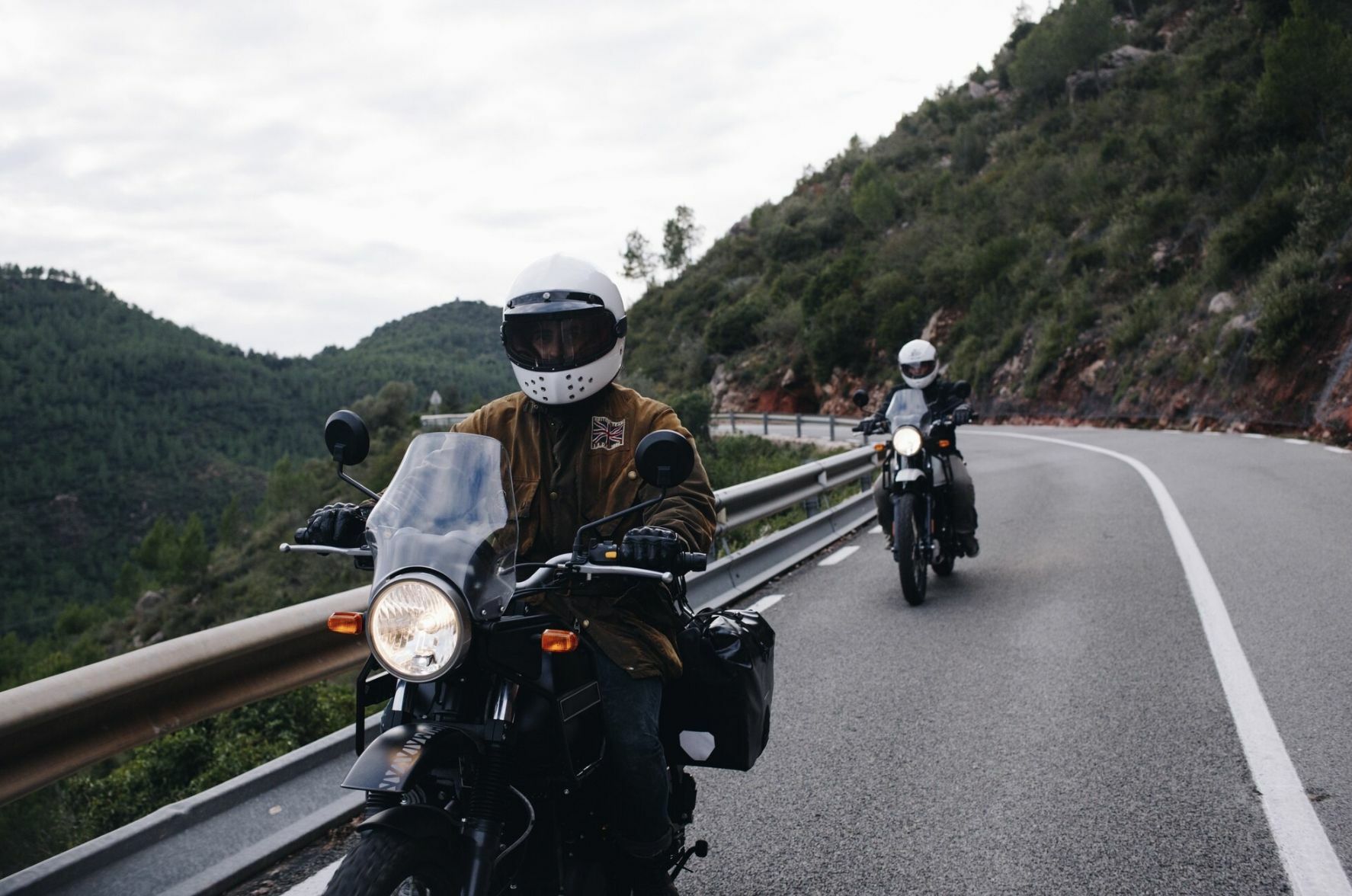
Before you rent a motorbike in Thailand, it is very important to inspect the actual motorbike before driving off. Like many other countries, Thailand isn’t immune to featuring all kinds of scams that are geared toward tourists. To circumvent this issue, make sure you take videos and photos of every part of the motorbike before you drive away. That way, you have proof of the motorbike’s condition upon renting. Unless you want to be hit with an accusation of denting or causing damage to the motorbike while it was under your care, this step is absolutely necessary.
Many scammers are known to cover up scratches and dents with paint, only for it to come off when it gets wet, leaving it to appear that the damage is new. If you are really worried about a scam, make sure you take a wet cloth and wipe the motorbike to see if paint comes off and reveals any dents or scratches.
2. Check the gas level
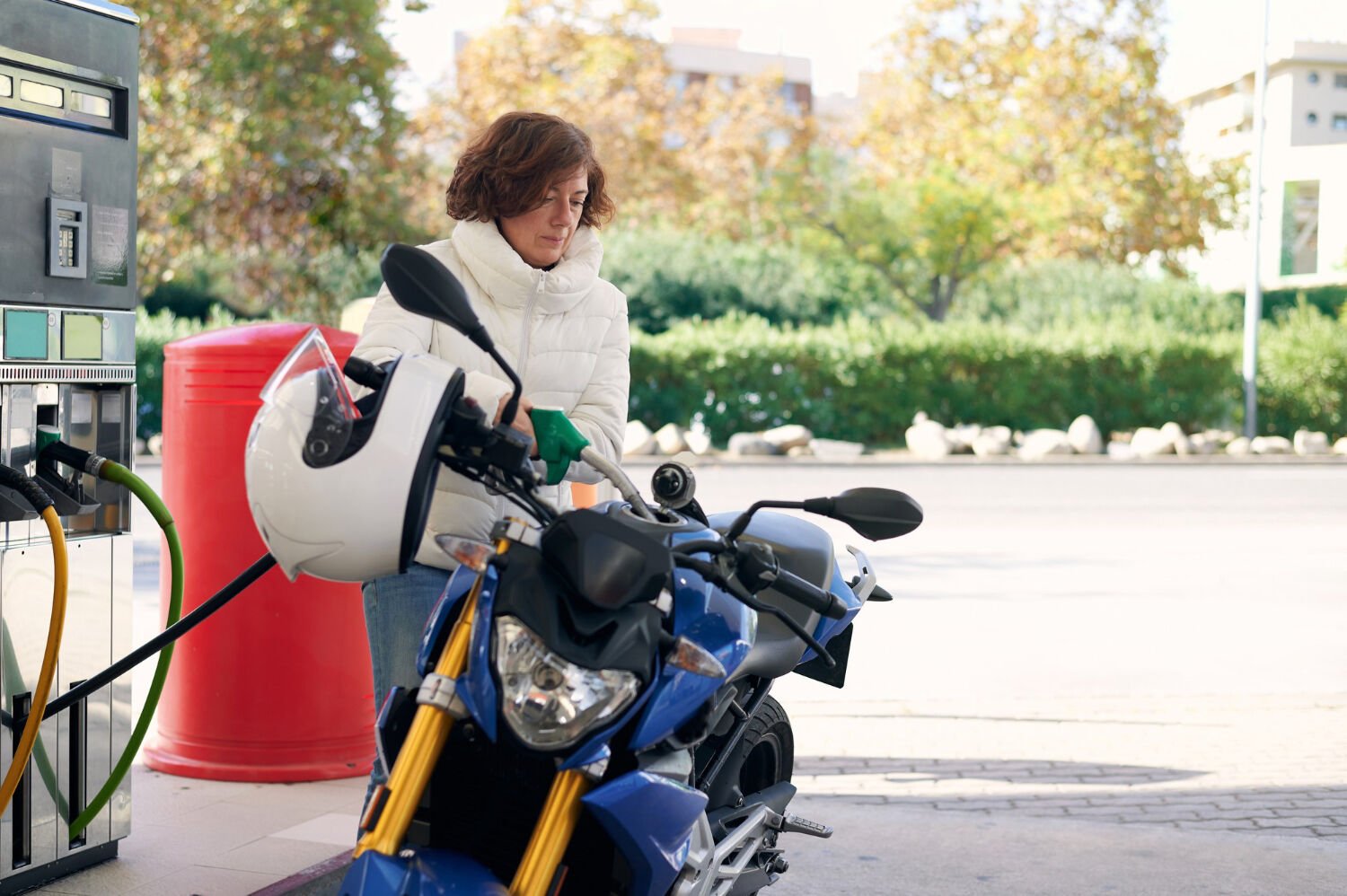
A good rule of thumb when your rent a motorbike in Thailand is to always check the gas level upon renting. As most shops require you to return the motorbike with the same gas level as when you first rented it, you will need to confirm before driving off how much gas is actually in the bike. Most motorbike shops will only leave you with enough gas to make it to a petrol station to fill up the tank on your dime. And, if you are wondering what type of gas to use, check the gas tank opening and lid which is usually located under the seat.
3. Contract
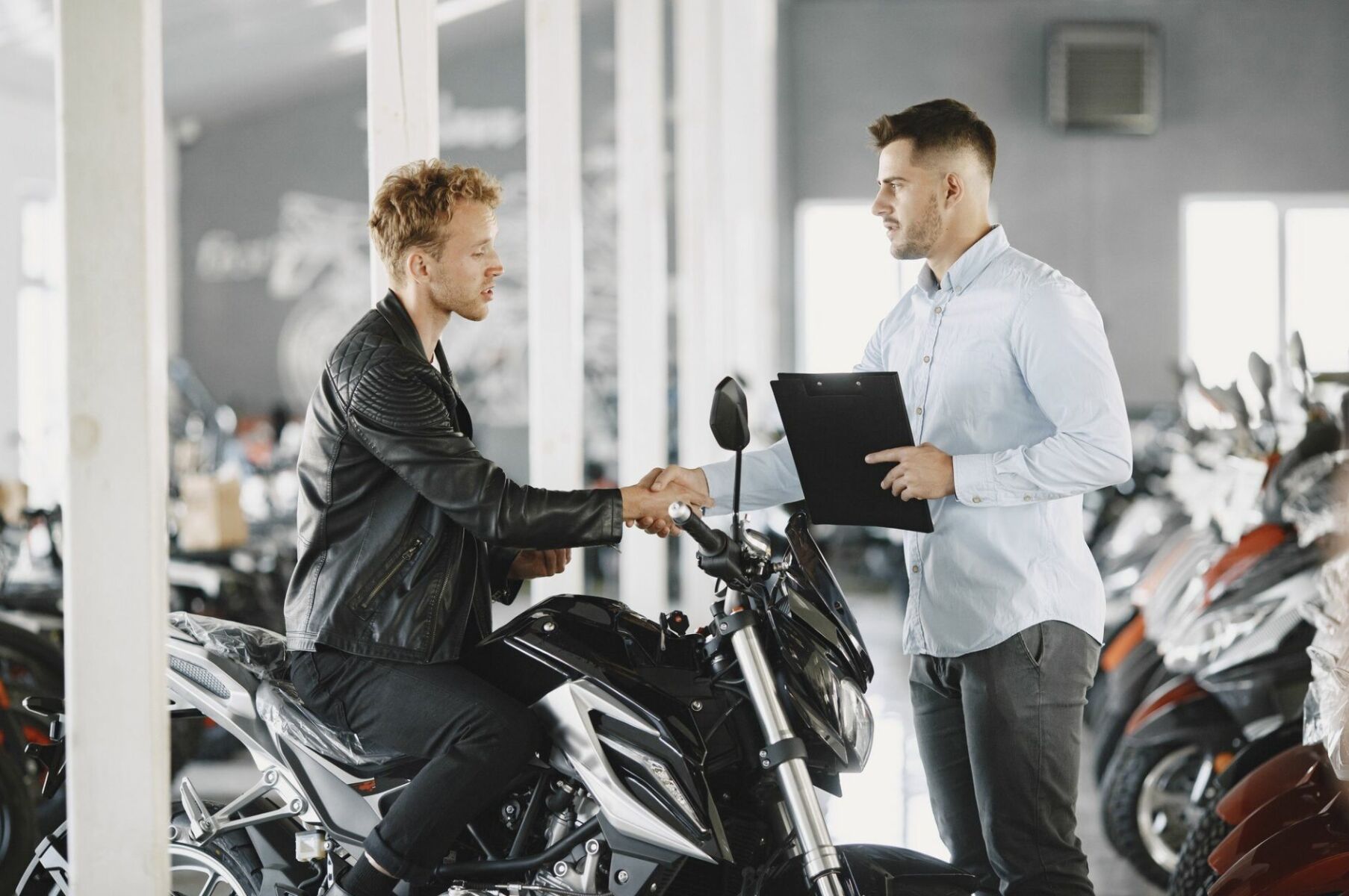
When you rent anything in Thailand, including a motorbike, there should be a signed, rental contract in your hand. If you don’t have a rental contract, beware. However, there are some places that are just fine in which to rent, even if there isn’t a standard contract. These places are usually off the beaten path and they may have other methods of how to track where you are. They may just want your phone number, email, or passport copy.
And, speaking of passport copies, you should never be asked to give your passport to a motorbike or other rental company. It is illegal. If a company wants to hold your passport, politely decline and try another place. Giving away your passport as a tourist is very risky, and if there is an emergency, you will need it in your hand. Presenting a copy of your passport is usually okay in lieu of a contract, but again, make sure you inspect the motorbike thoroughly before you leave.
4. Motorbike accidents

Sadly enough, many people have motorbike accidents due to varying reasons. Just taking a simple look around while driving, will show you just how common it is to see travellers with bandages on many parts of their bodies. From not being aware of wet roads, sand, and how to use the brakes correctly, many tourists get what they call a “Farang Tattoo.” And, it is definitely not pretty. If you do have an accident, it is best to be honest with the rental company as they will appreciate your honesty and may only ask for a fraction of what it could cost to repair the damages.
5. Type of motorbike
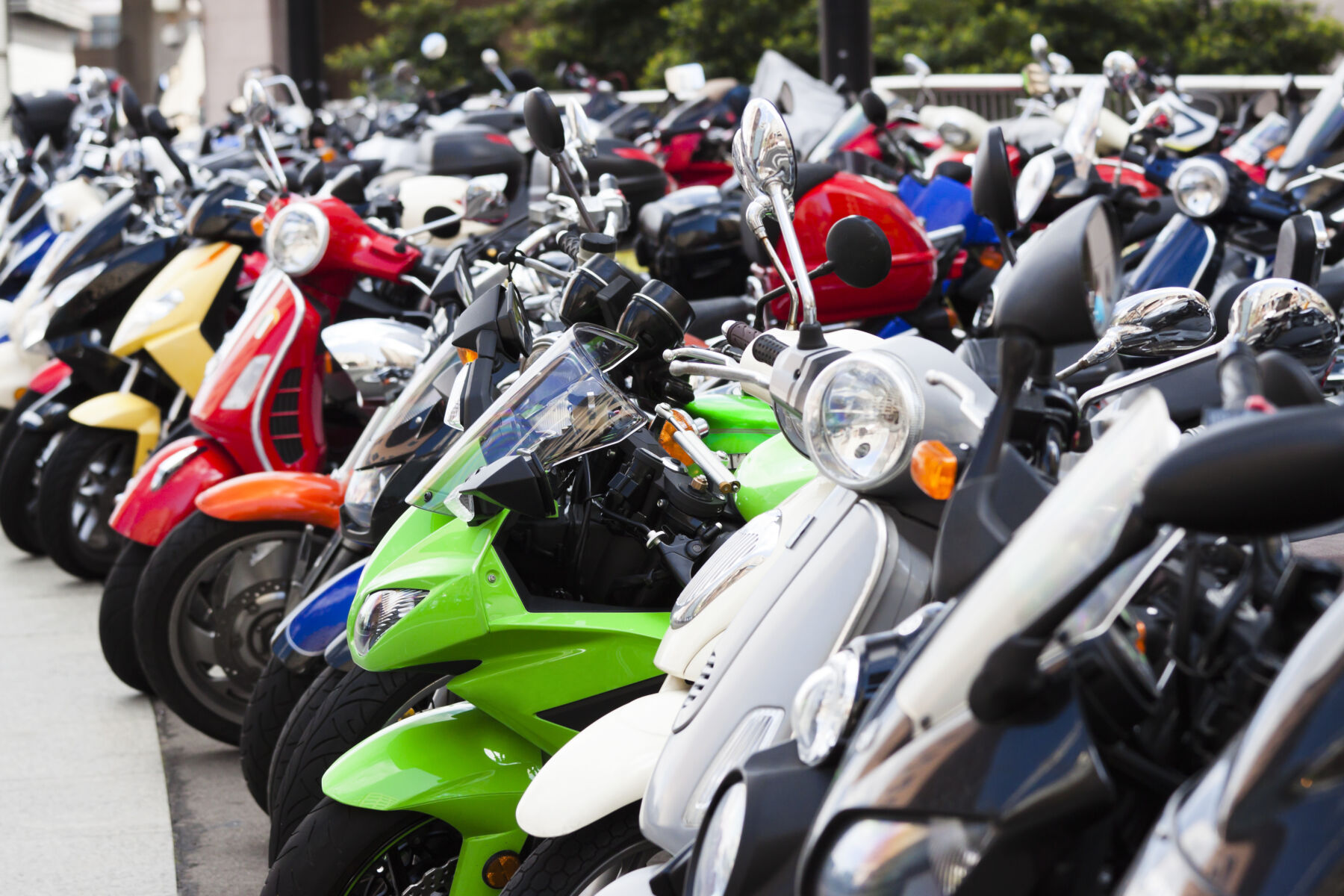
Depending on where you are wanting to travel, you may be more picky with regards to how much power a motorbike offers. In the islands or mountains, you will definitely want a motorbike that has at least a 125cc engine. Or, if you are planning on having 2 people ride the bike, you will want more power. A standard, automatic scooter is usually just fine, with most engines coming in at around 115cc or 125cc.
Renting a dirt bike can also be fun when there is less traffic, however, keep in mind that it is very dangerous. In most Western countries, you need a proper license to operate such a bike as they are known to cause many serious accidents. However, in Thailand, you may never be asked to show a license. Although this may let you get away with operating a bike without needing a license, think about what it could mean if you get into a wreck. Most insurance companies require you to have a license before they will cover you in the event of an accident.
6. How much does it cost
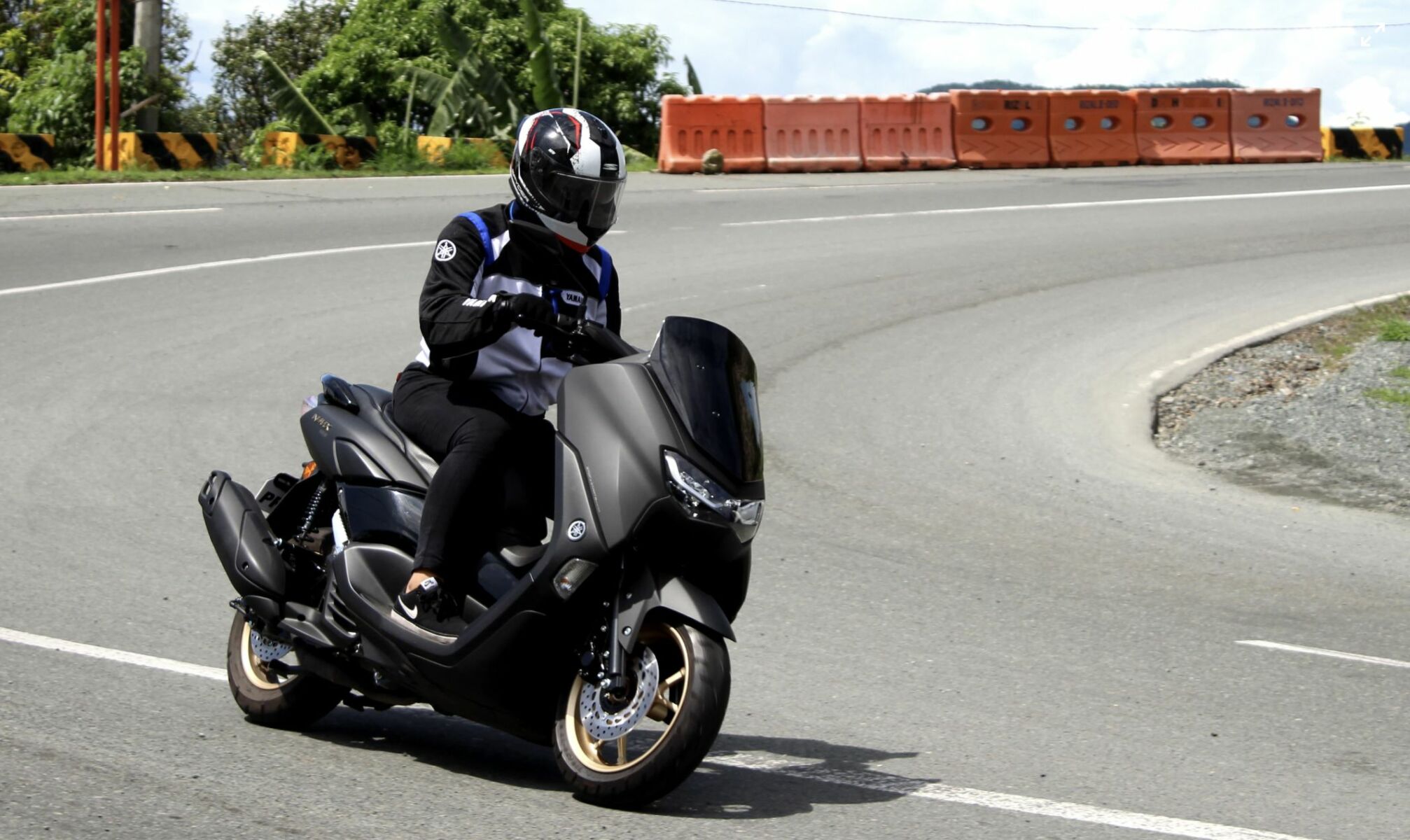
Rental prices for motorbikes are pretty cheap all over Thailand. From 150 THB to 300 THB per day is an average price to pay. The type of bike will also drive the prices up or down. For example, an average Joe Honda Click will go for around 200 baht per day, but a Yamaha NMAX may go for up to 500 THB a day. The place in which you rent the motorbike also matters with regards to prices. Hotels may charge more, but they are also usually more reliable. Small rental shops that have a large stock of average motorbikes will usually be cheaper. Also, don’t be afraid to barter for a lower price, especially if you want to rent it long-term.
7. Insurance
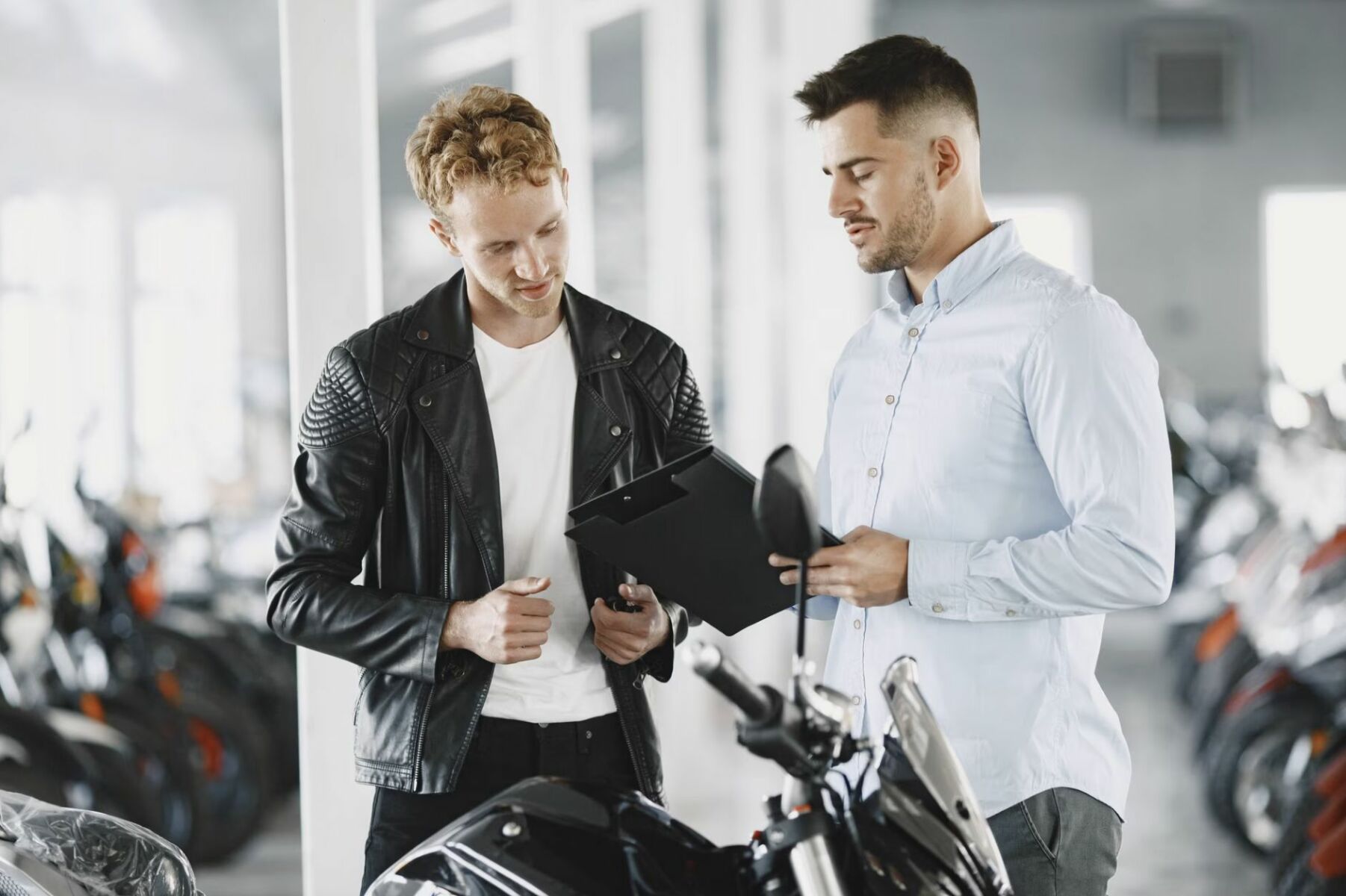
Having an insurance is definitely something not to overlook. Always make sure the motorbike company will cover you in the event of an accident. You can also purchase insurance through your health care provider or your travel insurance may already cover it. Check to see if your insurance covers any passenger, as well as that of a 3rd party. And, be aware of the things that may nullify your policy. Such things as not having a proper license, drinking alcohol or using drugs while driving, or not wearing a helmet may cut you off when you need coverage the most.
8. Deposit

As stated earlier, many places will try to collect your passport as a deposit. However, as it is technically illegal to do so, you may wish to negotiate by paying a monetary deposit or leaving something else in place of your passport.
9. Wear a helmet and appropriate clothes
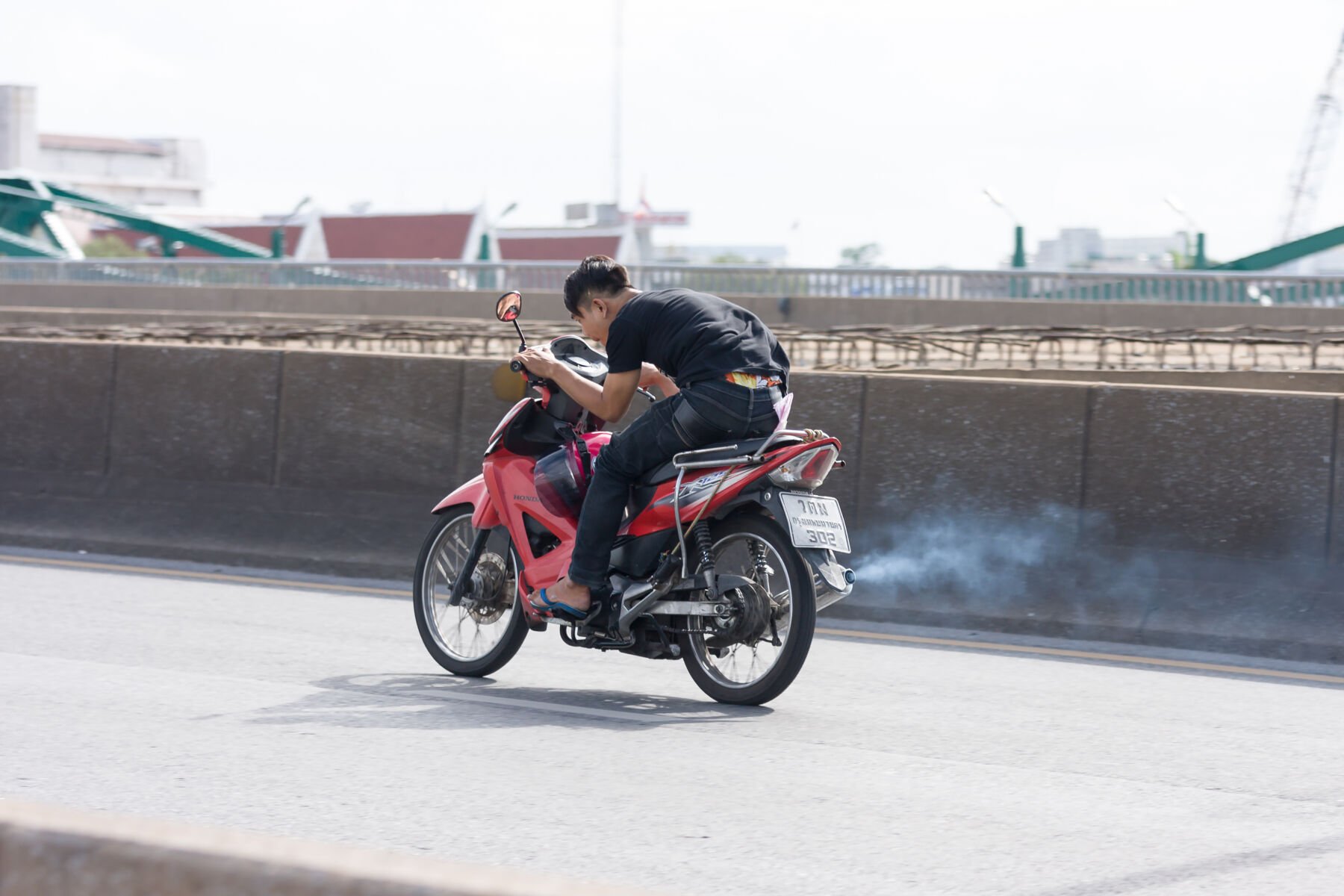
This may seem a like a no-brainer, but you will be shocked by the number of tourists and locals who drive without a helmet. But, it is against the law to not wear one and if you are stopped, you will most likely be fined. You may also think that your driving skills are superb, but the incognito, soft sands definitely don’t care about your supposed skills.
Aside from a helmet, it’s also important to wear appropriate clothes. Yes, Thailand is a hot and humid country and you will undoubtedly drive around in flip flops and shorts, however, be aware of your own choices. If you want to protect your skin, do what the Thais do: wear a hoodie and long pants! But it isn’t just about preventing a darker tan, as such clothing will help protect your skin if you have an accident.
10. Things to bring when renting a motorbike

Cash is the best thing to bring when renting a motorbike as many shops won’t even accept a debit or credit card. Your passport and driver’s license are also good documents to bring, but don’t let them take it. Instead, they can make a copy of them and give you back the originals. Another bit of info that you may have to give is the address of where you are staying. Some rental shops may ask all of these things, while others may not ask anything at all. It depends on the place you visit.
Remember, the roads may look like they are perfectly fine to drive on, but hidden patches of sand or oil could throw you off in a split second. Wearing a helmet, refraining from drinking, and driving at night are all good rules to follow if you want to truly enjoy your holiday without seeing the inside of a hospital room.
Latest Thailand News
Follow The Thaiger on Google News:


























